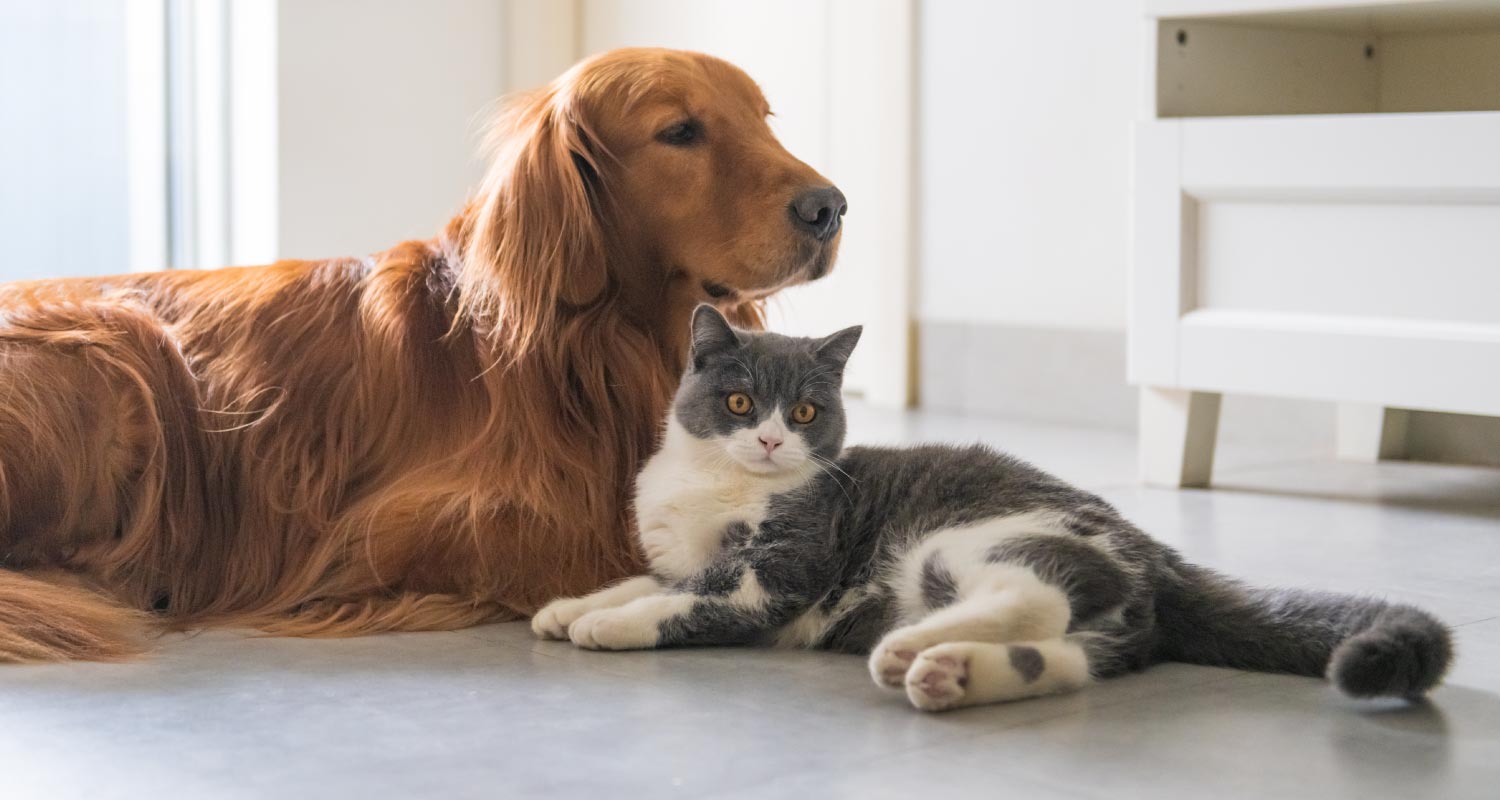HEALTH & WELLNESS

VOTING BOOTH

TRENDING

LIONS FOUNDATION OF CANADA DOG GUIDES
Lions Foundation of Canada Dog Guides and its founding program, Canine Vision Canada, was established in 1983. It’s the largest school of its kind in Canada with its training school in Oakville and breeding facility in Breslau.
Canine Cough in Dogs and Cats

OVERVIEW
Canine cough is the common name for infectious tracheobronchitis, a condition that affects the upper respiratory tract and is characterized by the inflammation of the trachea and bronchi. It is a common highly infectious respiratory illness that can affect both dogs and cats.
It is typically caused by the bacteria Bordetella bronchiseptica, which is one of several viral and bacterial agents responsible for canine cough syndrome. Bordetella is highly contagious, easily transmitted through the air or direct contact, and resistant to destruction in the environment.
This infection is referred to as a canine cough because it is most commonly caught in places where there are a lot of dogs in close contact with one another, such as kennels, shelters, boarding, grooming and training facilities and dog parks. A canine cough in dogs and cats is like a typical human cold. Like a cold, it can lead to more serious illnesses if left untreated. In healthy adult dogs and cats, Bordetella typically causes a mild illness but in puppies or kittens or those with underlying health issues, however, it can cause severe illness or even death.
CANINE COUGH IS HIGHLY CONTAGIOUS
Canine Cough is highly contagious and can be transmitted:
- Through coughing, barking and sneezing (these contaminate the air with thousands of organisms)
- Through direct contact
- From contaminated surfaces such as toys, bedding or food and water dishes (bacteria can remain alive on a food bowl for up to forty-eight hours)
Thoroughly wash hands after direct contact with pets, as well as food and water dishes, bedding and toys.
Keep new pets from coming into contact with your pets or those of neighbours for several weeks after entering your home.
SIGNS OF CANINE COUGH
Canine Cough affects dogs and cats slightly differently, but they can share certain signs that may include:
- Sneezing
- Dry hacking cough, more common in dogs than cats
- Difficulty breathing
- Nasal discharge
- Eye discharge or crusty eyes
- Fever
- Lethargy
- Exercise intolerance in cats
- Decreased appetite
- In severe cases, due to a weakened immune system, pneumonia may develop
- Swollen lymph nodes located in the armpits or the lower jaw
Just as a cold can be serious for a person with a weakened immune system, canine cough infection can be dangerous for pets who already have serious illnesses.
VACCINES FOR CANINE COUGH
The best way to deal with a canine cough is to prevent it from developing. A vaccination for Bordetella is available for cats and dogs. Consult your veterinarian for more information.
Related Articles








